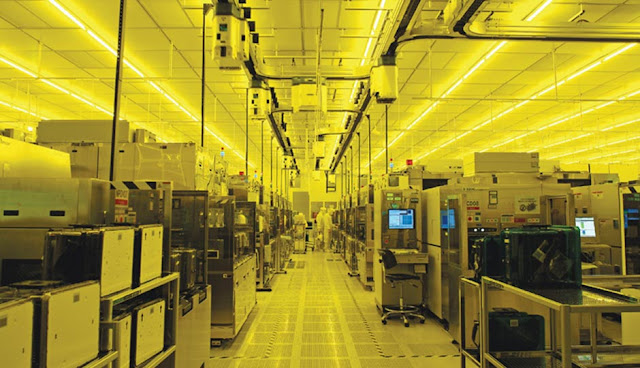
Taiwan Semiconductor Manufacturing Company, more commonly known as TSMC had to pull several of its factories offline Friday night. This has caused a severe disruption in manufacturing as it is ramping up production of Apple’s next-gen 7nm A12 processor for the upcoming iPhone. The cause of the disruption, Bloomberg reports, was a computer virus. The computer virus forced the company to halt production across multiple factories and though a few production lines were back online, full-scale production isn’t expected to begin at least till Sunday. The company has issued a statement in which they clarify that this isn’t the work of any hacker and that they are trying to figure out how the virus got introduced into their network. The varying down-time across factories was because the degree of infection across factories is different. TSMC is one of the biggest chip manufacturers, being the manufacturer for companies like Apple, Qualcomm, Nvidia and even AMD. It is not clear whether the computer virus infection was an accident or a result of corporate espionage. Lora Ho, Chief Financial Officer, TSMC was quoted saying “TSMC has been attacked by viruses before, but this is the first time a virus attack has affected our production lines.” She did not specify whether the production facilities impacted were the ones manufacturing the processors for the next iPhone. Apple’s A12 processor for the next iPhone is said to be manufactured by TSMC using a 7nm process, which is considered a significant breakthrough in lithography. While 10nm was relatively easier to achieve, 7nm lithography was much harder to achieve due to technical limitations. However, with a breakthrough in Extreme Ultraviolet Light process, chip makers have been able to break through Moore’s Law. TSMC’s current 7nm chips will be made using the existing Deep Ultraviolet Lithography technique, the same method that is used to make 14nm and 10nm chips. Chips made by TSMC using the EUV method will be classified as 7nm+. Interestingly, Samsung has already perfected its EUV lithography almost half a year ahead of schedule and is said to be manufacturing the next big Qualcomm SoC, the Snapdragon 855. Cover Image: Taiwan Semiconductor Manufacturing Co., Ltd
from Latest Technology News https://ift.tt/2vkrZAV









